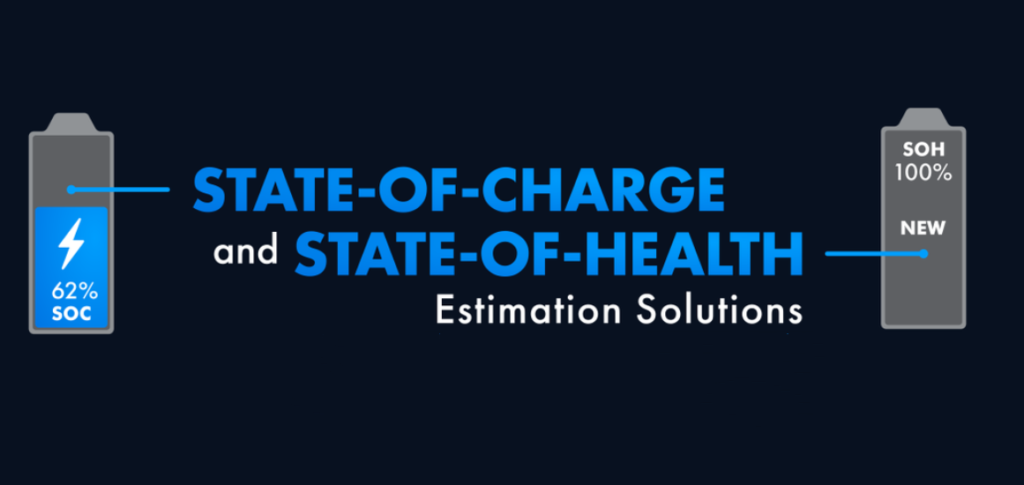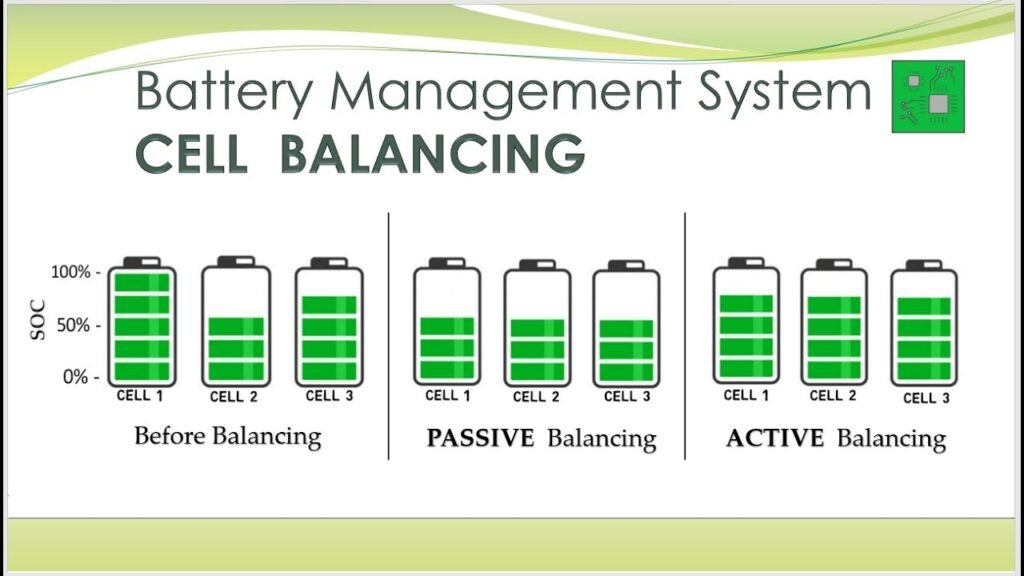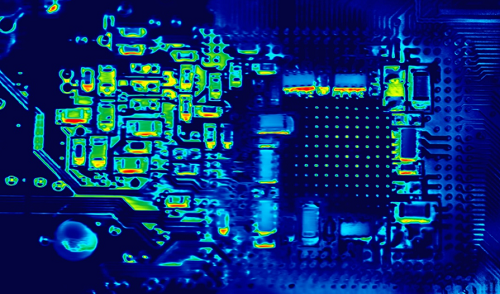In today’s rapidly evolving world of energy storage, advanced Intelligent Battery Management Systems (BMS) play a crucial role in maximizing efficiency and performance. These cutting-edge systems incorporate a range of features and functionalities that go beyond basic battery management.

In this blog article, we will explore the top 5 features of an advanced intelligent BMS that are key to unlocking efficiency and performance.
Table of Contents
ToggleIntroduction
Definition of an Advanced Intelligent Battery Management System (BMS)
An advanced intelligent BMS is a sophisticated control system designed to monitor, optimize, and protect battery systems. It goes beyond traditional BMS capabilities by incorporating advanced algorithms, analytics, and communication capabilities.
Importance of efficiency and performance in BMS
Efficiency and performance are vital aspects of battery management, especially in applications such as electric vehicles, renewable energy storage, and grid-scale applications. An advanced intelligent BMS enhances the overall efficiency and performance of battery systems, leading to improved operational reliability, extended battery life, and optimized energy utilization.

Feature 1: Real-time Monitoring and Analytics
Continuous monitoring of battery parameters
One of the key features of an advanced intelligent BMS is its ability to perform real-time monitoring of various battery parameters. These include voltage, current, temperature, and impedance. By continuously monitoring these parameters, the BMS can detect potential issues, such as abnormal behavior or performance degradation, and trigger appropriate actions.
Data analysis for predictive maintenance and optimization
The advanced analytics capabilities of an intelligent BMS allow for data analysis and predictive maintenance. By collecting and analyzing battery performance data over time, the BMS can identify patterns, predict failures, and schedule maintenance activities proactively. This helps prevent unexpected downtime, reduces maintenance costs, and optimizes battery performance.

Feature 2: State-of-Charge (SOC) and State-of-Health (SOH) Estimation
Accurate estimation of battery charge level and health
Accurately estimating the state-of-charge (SOC) and state-of-health (SOH) of a battery is crucial for efficient battery management. An advanced intelligent BMS utilizes sophisticated algorithms to calculate and track SOC and SOH in real time. This enables precise battery monitoring, effective energy management, and improved battery life.
Optimization of battery usage and lifespan
With accurate SOC and SOH estimation, an advanced intelligent BMS can optimize battery usage and lifespan. It helps prevent overcharging and deep discharging, which can degrade battery health. By implementing optimal charging and discharging strategies, the BMS ensures efficient energy utilization, maximizes battery lifespan, and reduces the risk of premature battery failure.

Feature 3: Cell Balancing and Thermal Management
Equalization of cell voltages for improved performance
In a battery pack, individual cells may have slight voltage variations, leading to imbalanced performance and reduced overall capacity. An advanced intelligent BMS incorporates cell balancing algorithms to equalize cell voltages. This improves overall battery performance, extends battery life, and ensures each cell operates at its optimum.

Efficient thermal management to prevent overheating
Heat generation is a common issue in battery systems, which can lead to reduced performance, accelerated aging, and safety risks. Advanced intelligent BMS solutions integrate efficient thermal management mechanisms, including temperature sensors, cooling systems, and algorithms to regulate temperature. By maintaining optimal operating temperatures, the BMS enhances battery performance, safety, and longevity.

Feature 4: Adaptive Charging and Discharging Algorithms
Optimal charging algorithms for different battery chemistries
Different battery chemistries have unique charging characteristics, and an advanced intelligent BMS recognizes these differences. It employs adaptive charging algorithms tailored to specific battery chemistries, ensuring optimal charging rates and avoiding overcharging or undercharging. This approach maximizes charging efficiency and battery life while minimizing the risk of damage.
Dynamic discharging strategies for maximum efficiency
To optimize battery usage, an advanced intelligent BMS utilizes dynamic discharging strategies. By intelligently managing the discharge process based on real-time conditions, load requirements, and battery health, the BMS ensures maximum efficiency. It minimizes energy wastage, extends runtime, and enhances overall system performance.
Feature 5: Communication and Integration Capabilities
Integration with external systems and IoT devices
An advanced intelligent BMS is designed to integrate seamlessly with external systems and IoT devices. It enables data exchange and communication with other components, such as energy management systems, inverters, and smart grids. This integration facilitates centralized monitoring, remote control, and data-driven decision-making, resulting in improved system efficiency and operational flexibility.
Seamless communication for remote monitoring and control
The communication capabilities of an advanced intelligent BMS allow for remote monitoring and control. It enables real-time access to battery performance data, alarms, and diagnostics from anywhere. This remote accessibility enhances system reliability, enables timely troubleshooting, and simplifies maintenance activities, ultimately leading to improved efficiency and reduced operational costs.

Conclusion
In conclusion, an advanced intelligent BMS offers a range of features that significantly contribute to unlocking efficiency and performance in battery systems. From real-time monitoring and analytics to state-of-charge and state-of-health estimation, cell balancing, adaptive algorithms, and communication capabilities, these features optimize energy utilization, extend battery lifespan, and enhance overall system performance.
By investing in an advanced intelligent BMS, organizations can maximize the benefits of their energy storage systems, enabling them to achieve greater efficiency, cost savings, and environmental sustainability.
At Tritek, we are a leading BMS manufacturer located in Shenzhen, Guangdong Province. With over 10 years of manufacturing experience, we have built a reputation for delivering high-quality BMS solutions. Our team consists of hundreds of experienced R&D professionals, enabling us to stay at the forefront of technological advancements. We boast super high production capacity, ensuring fast delivery without compromising on quality. Our strict quality control measures guarantee reliable and efficient BMS solutions. We are committed to providing timely after-sales service and support, ensuring a smooth experience for our customers.
Choose Tritek for advanced intelligent BMS solutions that unlock efficiency and performance in your battery systems.
FAQs (Frequently Asked Questions)

Q1. What is an advanced intelligent BMS?
An advanced intelligent BMS is a sophisticated control system designed to monitor, optimize, and protect battery systems. It incorporates advanced algorithms, analytics, and communication capabilities.
Q2. Why are efficiency and performance important in BMS?
Efficiency and performance are crucial for battery management, especially in applications like electric vehicles and renewable energy storage. They ensure optimal energy utilization, extended battery life, and improved operational reliability.
Q3. How does an advanced intelligent BMS estimate battery charge level and health?
An advanced intelligent BMS utilizes sophisticated algorithms to accurately estimate the state-of-charge (SOC) and state-of-health (SOH) of a battery in real time. This enables precise battery monitoring, effective energy management, and improved battery life.
Q4. What is cell balancing, and why is it important?
Cell balancing is the process of equalizing cell voltages in a battery pack. It ensures balanced performance, maximizes battery capacity, and extends overall battery life.
Q5. How does an advanced intelligent BMS facilitate communication and integration?
An advanced intelligent BMS integrates seamlessly with external systems and IoT devices, enabling data exchange and communication. It allows for remote monitoring, control, and centralized decision-making, enhancing system efficiency and operational flexibility.
